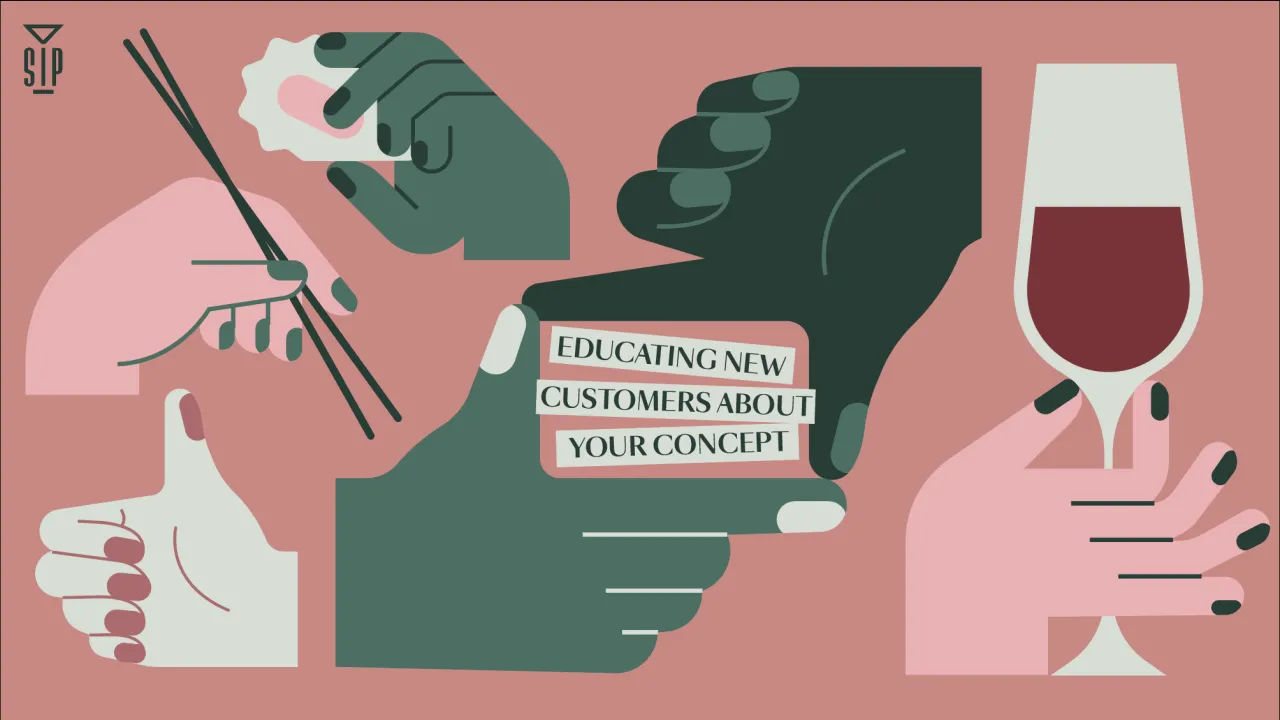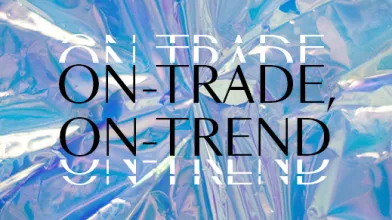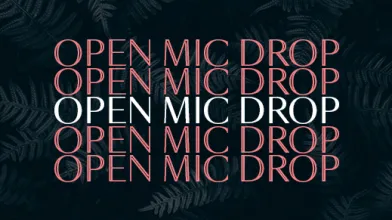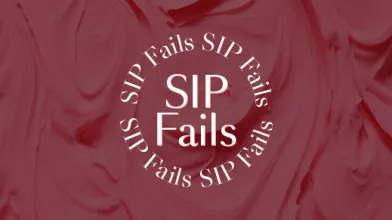Rigorously train your staff
Oysters and cocktails: you have to admit the concept is elegant in its simplicity. Slurp down a briney, freshly shucked delight while sipping a perfectly matched mixed drink.
It didn’t take long for Perryn ‘Pez’ Collier to sell himself on the idea. He co-founded Pearl Diver bar in 2021 in the well-heeled end of Melbourne, offering tiki-style cocktails alongside oysters sourced from around Australia. So how would he sell it to his guests?
Pairing oysters with cocktails offers a different experience to the more traditional champagne or muscadet matchings, and can better highlight the nuance of each oyster’s taste.
Collier’s team sources rock and Pacific oysters from around the country. As filter feeders, an oyster’s taste reflects its immediate environment, and each can be perceptibly different even when cultivated barely a few hundred metres apart. This makes the pairing exercise even more complex.
Staff training is paramount to ensure Pearl Diver’s customers understand how to taste each oyster’s uniqueness, and why a carefully concocted cocktail can elevate the experience. “We spend a fair bit of time and effort to make sure all of our staff are, across the board, pretty knowledgeable because it is obviously such a big part of what we do here,” Collier says.
And if that fails, their menu includes a 50-strong wine list – including champagne.
Don’t force the subject
Elsewhere in Australia, the RE bar in Sydney pushes the limits of sustainable venue and menu design. The bar was founded on the premise of recycling, reusing, repurposing, and repackaging as much as possible. This means everything from furniture and fixtures, such as countertops made from recycled plastic milk lids, to cocktails incorporating surplus ingredients from a neighbourhood bakery.
Yet situated in a secluded street opposite a big bank’s headquarters, would the bar’s corporate clientele really care to know?
As bar manager Matt Dale admits, “Before, we went for the wall and went crazy with our ideas. Customers would come in and go like, ‘I have no idea what you're talking about. I want a gin and tonic or I want a beer.’”
Since toning down their communication about their concept, limiting the spiel to a short paragraph on the menu, he finds customers are less afraid to engage with the staff. And are usually surprised by what they learn.
“People think that our ingredients come from literally scraping off plates at the end of the meal. They don't realise that we go and source waste from farmers, the markets, and venues, and then create our drinks and our food that way. When they sit down, they look at this area and say, ‘Wow! This is incredible.’”
Stake your legitimacy
What should be the approach when everyone’s an expert? One person who knows a thing or two on that subject is Professor Tanisha Townsend, an American in Paris who runs university-level wine courses alongside her wine lifestyle tourism and education agency Girl Meets Glass.
As an American teaching the French about wine, Townsend says conveying legitimacy is key. While the name of her podcast is Wine School Dropout, she is anything but. “I mention how long I've been in the industry. I mention my certifications and the work I do. Now I lead with Professor because people largely look at that and think, if you're professor, you're teaching university-level students. You didn't just walk into that job with no experience.”
Don’t even bother
“How do we go about educating customers?” At Abri restaurant in Paris, which closed definitively at the end of 2022, Fred Bond ponders the question a moment before quipping: “We don’t.”
On the famously saturated Parisian restaurant scene, Abri offered something fresh, a highly creative eatery serving French gastronomy reinterpreted by top-notch Japanese chefs, and earning a Michelin star for its efforts.
As front of house, Fred’s philosophy was to let the guests explore the plate for themselves, and they had little choice given the menu itself provided precious few cues.
“In terms of educating people, we are excited when people ask questions. We're excited when people don't ask any questions. Really, anyone can come here in any way that they want to. We just hope that they're excited to be here because we're excited to have them.”
Secret Sauce – distilled
However you go about educating your guests, it always pays to keep Professor Townsend’s golden rule in mind: always start with the basics, and never speak down.
“If they are beyond that level, they will make some comments or ask some questions, and I’ll see if I need to level it up a bit based on the audience.”
Educating new customers about your concept
14 June 2023

Please log in for the whole article
An exciting new drink-pairing experience, a venue that re-imagines sustainability, a top-notch restaurant offering novel flavours to a nation of famously fussy eaters… You understand what makes your concept awesome, but will your guests? Knowing how to educate your consumers is all part of the process – and there’s no one approach, as these insiders reveal.
Related shows
© World’s Best Bars 2025. All Rights Reserved.
Content to be shared with those over the legal drinking age only - Enjoy responsibly.

Check your email
If we recognize your account, a link to reset your password has been sent to your email address. If you haven’t received it, please check in your spam folder and add to whitelist.
Check your email
A link to activate your account has been sent to your email address. If you haven’t received it, please check your spam folder and add it to whitelist.










